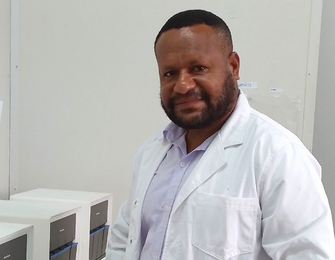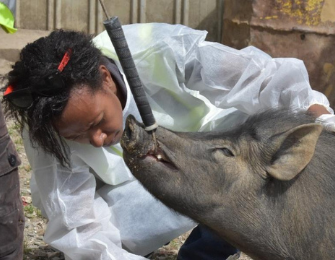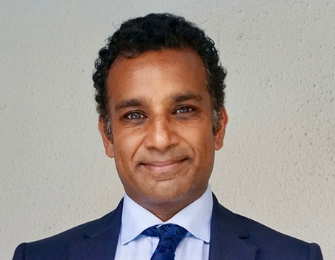Australia has been supporting the Burnet Institute, PNG Institute of Medical Research and PNG National Department of Health to implement the Stronger Surveillance for Vector Borne Pathogens (STRIVE) program in Papua New Guinea since 2018 and is committed to the effective delivery of Phase 2. STRIVE is a partnership-based health systems strengthening and implementation research project that aims to address priority knowledge gaps, support the use of local-data for programmatic decision-making, inform policy and scale up of new approaches to strengthen surveillance of vector-borne diseases in the Melanesian region. STRIVE has utilised a partnership-based approach characterised by joint decision-making, the co-development of activities, shared resource contribution, and mutual accountability. In Phase 2, STRIVE will support similar country-led engagement in Vanuatu and Solomon Islands to strengthen vector-borne disease surveillance in priority areas. In addition to strengthening national surveillance, diagnostic and laboratory capabilities for vector-borne diseases, STRIVE supports the development of local solutions to address barriers that impact effective surveillance, disease notification and the use of data to inform decision-making. Addressing these barriers will empower programs at National and sub-National levels to more effectively use local data to maximize the impact of control interventions.




